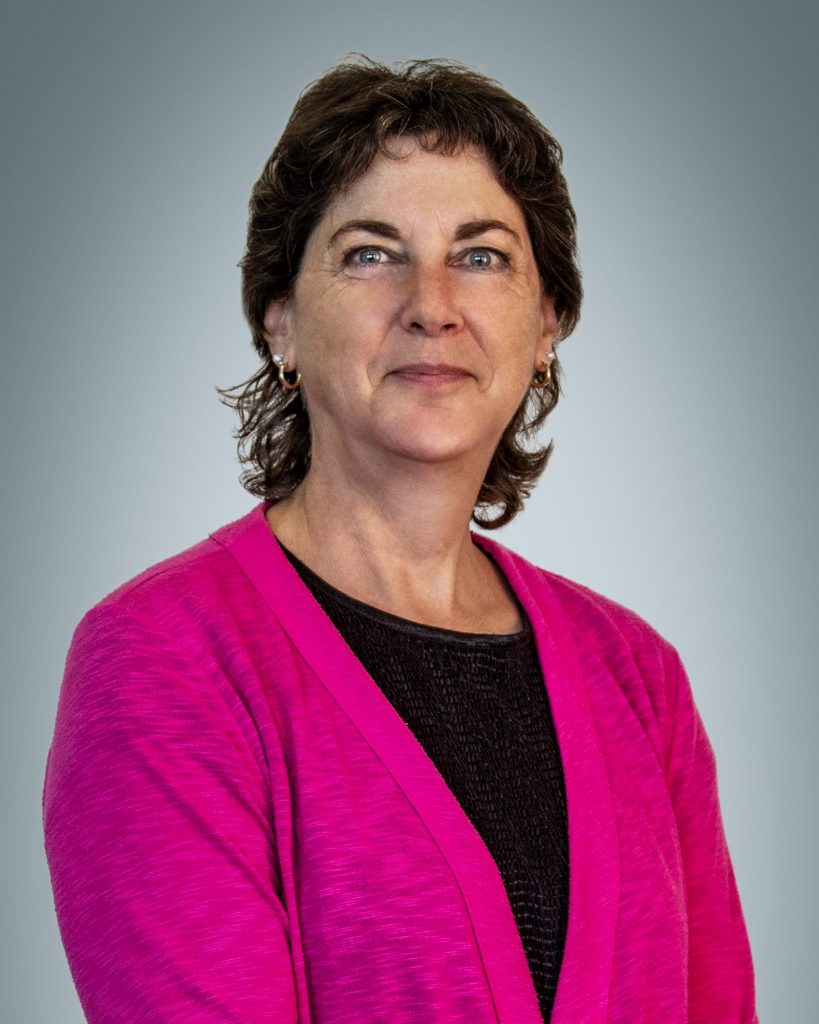Copyright The Star Vancouver
By JEN ST. DENIS Star Metro Vancouver
VANCOUVER—In Vancouver and Toronto’s hot real estate markets, property owners “try to trick the Canada Revenue Agency” all the time, but over the past two years Canada’s taxation authority has become more aggressive at rooting out tax evasion, says a tax and estate planner.
“People are in some cases lured by the prospect of making easy, quick money,” said Jamie Golombek, managing director of tax and estate planning at CIBC in Toronto. “The temptation is not to report or to inappropriately report.”
The CRA recently reported it had identified nearly $600 million in unpaid taxes from the British Columbia and Ontario real estate sector from audits conducted over the past three years. The agency warned that there continues to be “compliance risks,” especially in Vancouver and Toronto.
The agency says transactions in the Greater Toronto Area have been under “greater scrutiny … for some years,” but has only recently “been actively monitoring and auditing real estate transactions in British Columbia.”
There’s a marked difference between the type of tax evasion the CRA found in Ontario versus British Columbia. In B.C., 45 per cent of the unpaid taxes came from not properly reporting income, while in Ontario, the majority of the unpaid tax – 90 per cent – came from not paying GST on new buildings or improperly applying for a GST rebate.
When it comes to income tax, property owners are often getting into trouble because they’re not properly reporting the capital gains made from flipping property, Golombek said.
People who sell their principal residence do not have to pay capital gains tax; those who sell a vacation or rental property will likely pay 50 per cent of the capital gains; but if you buy the property or a condo pre-sale contract with the intention of flipping the asset quickly for a profit, the seller must pay income tax on 100 per cent of the capital gain.
“There’s a really fine line between those three categories,” said Golombek, with many property owners attempting to declare a flipped property as their principal residence.
The penalties can be harsh, Golombek said: in a recent case involving a Toronto realtor who bought a pre-sale condo contract, but then sold the unit shortly after building completion, a judge ruled the condo buyer had never intended to live in the unit or hold it long-term. In addition to having to pay capital gains tax on her $103,206 profit, Golombek said, she also had to pay an additional fine.
In August 2017, the CRA reported it had prosecuted Harjinder Dhudwal of Surrey, B.C., for failing to report business income and capital gains from buying and selling real estate, and failing to report rental income. Dhudwal was fined $129,750.
Golombek noted the CRA has also started to employ a new tactic: it has gone to court to compel several large Vancouver developers to release lists of pre-sale condo buyers. The agency can then use that list of names to check that buyers are reporting capital gains properly.
Another important change is that the CRA now requires taxpayers to report when they sell their principal residence.
“Now CRA knows about all your dispositions (property sales), even if you’re claiming the principal residence exemption,” Golombek said. “In the past they didn’t even know, you didn’t even have to report it on your form.”
CRA refused to reveal which proportion of the unpaid income taxes identified in B.C. related to misreporting of worldwide income, citing privacy concerns. But Golombek said when tax filers own expensive properties, but don’t have incomes to match, that can be a “red flag” to the CRA: “they want to make sure that it’s not unreported income.”
Canada recently signed an taxation information-sharing agreement with 60 other countries, which will come into effect this fall.
Taxation authorities can tighten the net by comparing many different data points together, said Dan Zitting, chief product manager for ACL. The Vancouver-based company uses data analysis to track tax evasion and fraud.
For example, for government clients in the United States, Zitting compared “some of these homes where the primary residence exemption was taken, compared that to information that we were able to obtain from the utility companies like electricity and water, to say you know what? They claim this is their principal residence but there was no usage of utilities there, that doesn’t look to be a primary residence.”
Zitting has never worked with the CRA, although Canadian government agencies have bought software from ACL, he said. The CRA says it uses “third-party data” to “gain a better understanding of non-compliant behaviour, leading to more audits and compliance actions.”
In 2016, the federal government promised to crack down on tax evasion, promising to spend $444 million to better fund the CRA.



